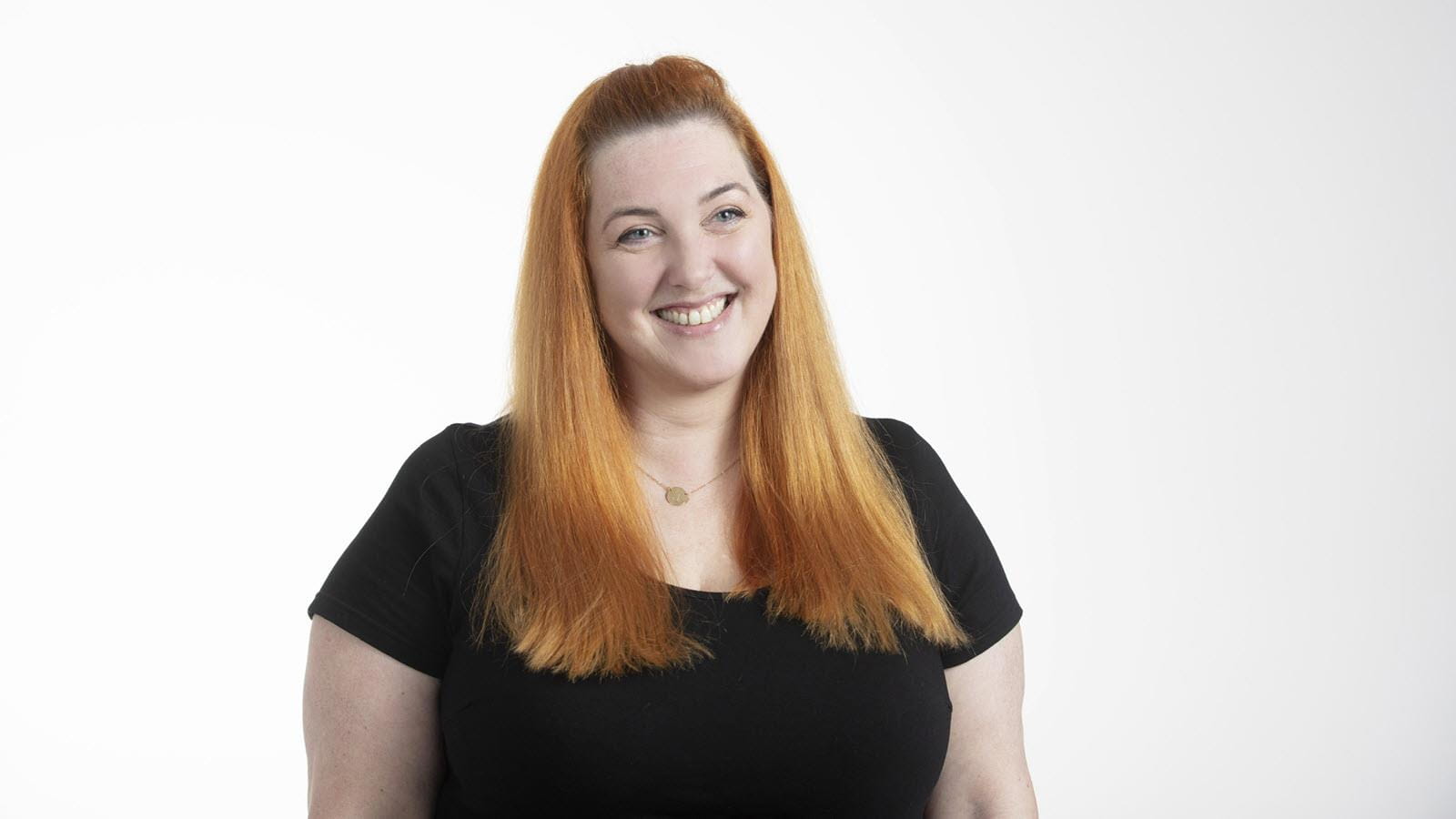Should you or shouldn’t you take on a new role at work?
It might feel safer to stay put, but CSL’s Jill Allen recommends an open mind. She made some key moves in her career of more than 20 years with CSL, where she now heads bulk manufacturing at the Broadmeadows facility in Australia. She attended Melbourne University in Australia and joined CSL after studying chemical engineering and science, majoring in virology and microbiology, and receiving a master’s degree in engineering. Later, with the assistance of CSL, she completed a Master’s in Business Administration.
Allen started as a project engineer at the Broadmeadows manufacturing facility. CSL is a global biotech company that makes medicines for people with rare and serious diseases, as well as being one of the world’s leading providers of influenza vaccines. Three years in with CSL, Allen took an opportunity to work in Switzerland.
“It was an incredible opportunity to see another country and different approaches to work and life,” she said.
When her project wound up, Allen transitioned from Engineering into Regulatory Affairs, a completely different function. A few years later, she returned to Australia first to Regulatory Affairs and then to Quality, taking on new responsibilities for product safety and compliance and more people management responsibilities.
“From there, I’d done Engineering, Regulatory Affairs, Quality, and thought, ‘what’s next’? The next strategic step was to move to Manufacturing, because ultimately, CSL is a pharmaceutical manufacturer,” Allen said. “That’s an overarching theme for the past 20 years – there’s not a day that goes by that I don’t learn something new.”

Here are Allen’s five tips for staying open to new career challenges:
- Try the 60-40 rule. Allen has taken this brave approach to career advancement. She’ll leap into a new role if she has experience in 60% of the role’s requirements. Conversations with other women, including mentors, helped her be more brave and more confident, she said.
- Think about the future. “Think about where you want to be in five to seven years’ time and ask whether what you’re doing now is setting yourself up for that.”
- Keep your options open. When considering subsequent roles, choose a move that broadens your options rather than narrows them, Allen said. Avoid the trap of being an incredible subject matter expert with limited options.
- Take risks and challenge yourself. “I look for interesting challenges,” Allen said. “When I think about what I do and don’t know, I consider soft skills as well as technical.”
- Help others reach their potential. “Other women gave me guidance and confidence, and they opened my eyes to things I hadn’t thought of before. Now it’s starting to flip the other way and I thoroughly enjoy having a number of people I mentor,” Allen said.



